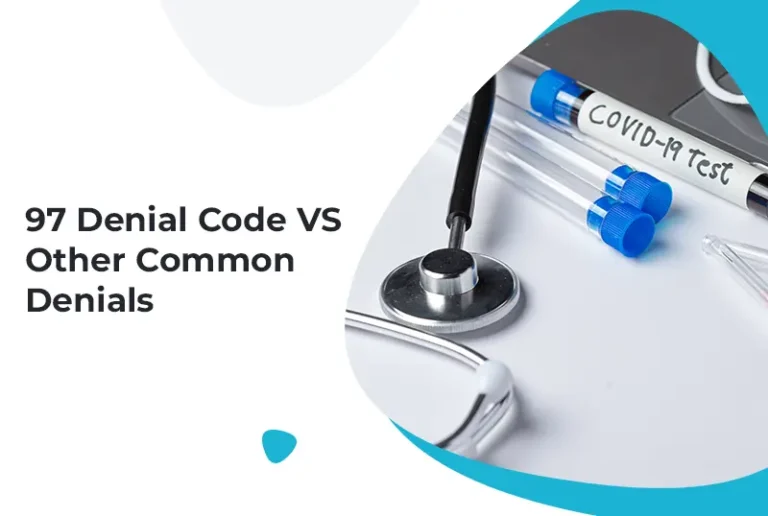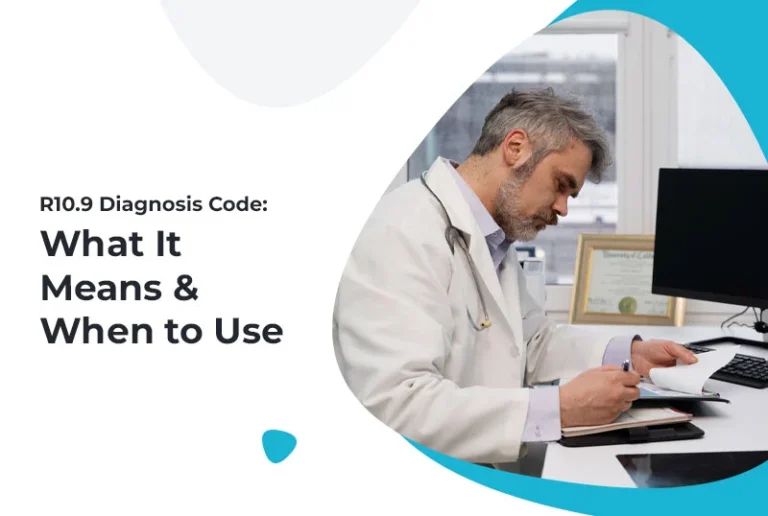Health insurance is designed to ease the financial burden of medical care. However, when claims don’t process smoothly, patients and providers alike face stress, delays, and financial uncertainty. Understanding the root causes of claims processing issues in health insurance is the first step toward fixing the problem and improving efficiency in the healthcare system.
Here are the seven most common reasons behind claims processing issues and how healthcare professionals can address them to minimize disruption.
1. Incomplete or Incorrect Patient Information
At the start of the billing process, even a minor error—such as a misspelled name, incorrect date of birth, or outdated insurance details—can trigger claim denials. Insurance companies require complete accuracy to validate patient eligibility and benefits.
This is especially critical when analyzing the pc ratio in medical billing, which measures the accuracy and completeness of patient and provider documentation. Higher accuracy directly reduces claim rejection rates.
Medical billing teams must double-check all patient information before submitting claims. Implementing automated verification systems can significantly reduce manual errors.
Want more information? Read here: How to Choose the Right Mental Health Billing Services
2. Coding Errors and Outdated CPT Codes
Another frequent cause of claims processing issues involves the use of incorrect or outdated CPT codes. If a procedure code doesn’t match the diagnosis or is no longer recognized by the payer, the claim may be denied.
Billing staff must stay updated on the latest coding guidelines and payer-specific requirements. Investing in continuous education and certification for coding professionals is not optional—it’s essential.
A robust software system that integrates real-time coding updates and cross-checks can help ensure claims are compliant before submission.
3. Lack of Prior Authorization
Many health plans require prior authorization for certain procedures or specialist visits. Submitting a claim without this pre-approval results in automatic denial, even if the treatment was medically necessary.
In the middle of the billing workflow, understanding rpd in medical billing (Revenue per Day) can highlight how delayed or denied claims impact daily revenue. Missed authorizations reduce this metric and strain practice finances.
To avoid this, healthcare providers must have a streamlined system in place to verify which services require authorization and to track their status before treatment occurs.
4. Eligibility Issues and Coverage Termination
Patients may not always be aware when their coverage has lapsed or changed. Submitting claims during a coverage gap is a common issue, especially with employer-sponsored plans that change annually or seasonally.
Billing teams should always verify insurance eligibility at every patient visit. This simple step prevents delays and denials caused by inactive policies.
Additionally, practices should train front-desk staff to communicate with patients about insurance requirements and collect updated information when necessary.
5. Unclear Medical Necessity or Lack of Documentation
Insurance companies require proof that a treatment or service is medically necessary. If documentation is incomplete or the service appears elective or experimental, the claim may be flagged for review or denied outright.
Physicians must ensure their clinical notes clearly justify the procedures performed. Templates for documentation can help maintain consistency and reduce ambiguity.
Regular internal audits can also catch documentation gaps before claims are submitted.
6. Duplicate Claims or Billing for Bundled Services
Submitting the same claim more than once, or billing separately for services that are considered bundled, often results in denials. This not only slows down reimbursement but also increases administrative costs.
Billing software should be configured to identify potential duplicate entries or unbundled services based on payer rules. Automation and rule-based alerts can greatly reduce these errors.
This is an area where healthcare revenue cycle management plays a pivotal role. Effective RCM processes ensure claims are scrubbed, compliant, and optimized before they reach the insurer.
7. Payer System Issues and Delays
Sometimes, the fault doesn’t lie with the provider but with the insurance company itself. Technical errors, backlogs, and slow processing times can all contribute to claims not being paid on time.
While providers can’t control payer systems, they can track claims proactively and follow up promptly. Regular communication with payers helps identify systemic issues early.
Some practices also employ third-party services to monitor and manage their claims more efficiently.
Final Thoughts
Navigating claims processing issues in health insurance requires attention to detail, up-to-date knowledge, and efficient workflows. From patient intake to claim submission and follow-up, every step in the process impacts reimbursement and patient satisfaction.
By improving data accuracy, refining coding practices, and enhancing verification systems, healthcare providers can minimize claim denials and speed up payments. Addressing these seven root causes not only protects practice revenue but also improves the overall patient experience.
Frequently Asked Questions (FAQs)
1. What are the most common reasons health insurance claims are denied?
Claims are often denied due to incorrect patient information, missing prior authorizations, outdated CPT codes, or lack of medical necessity documentation.
2. How can healthcare providers reduce claims denials?
Implementing verification tools, training staff on current billing codes, and investing in revenue cycle management tools can reduce claim rejections.
3. What is the role of RCM in fixing claims processing issues?
Healthcare revenue cycle management ensures every stage of the billing process—from registration to reimbursement—is optimized for accuracy and compliance.
4. How long does it take for a health insurance claim to be processed?
Most claims are processed within 15 to 30 days, but delays may occur due to errors, payer issues, or missing documentation.
5. What tools can help streamline claims processing?
Electronic Health Record (EHR) systems, coding validation software, automated eligibility checks, and RCM platforms help reduce human error and improve efficiency.







